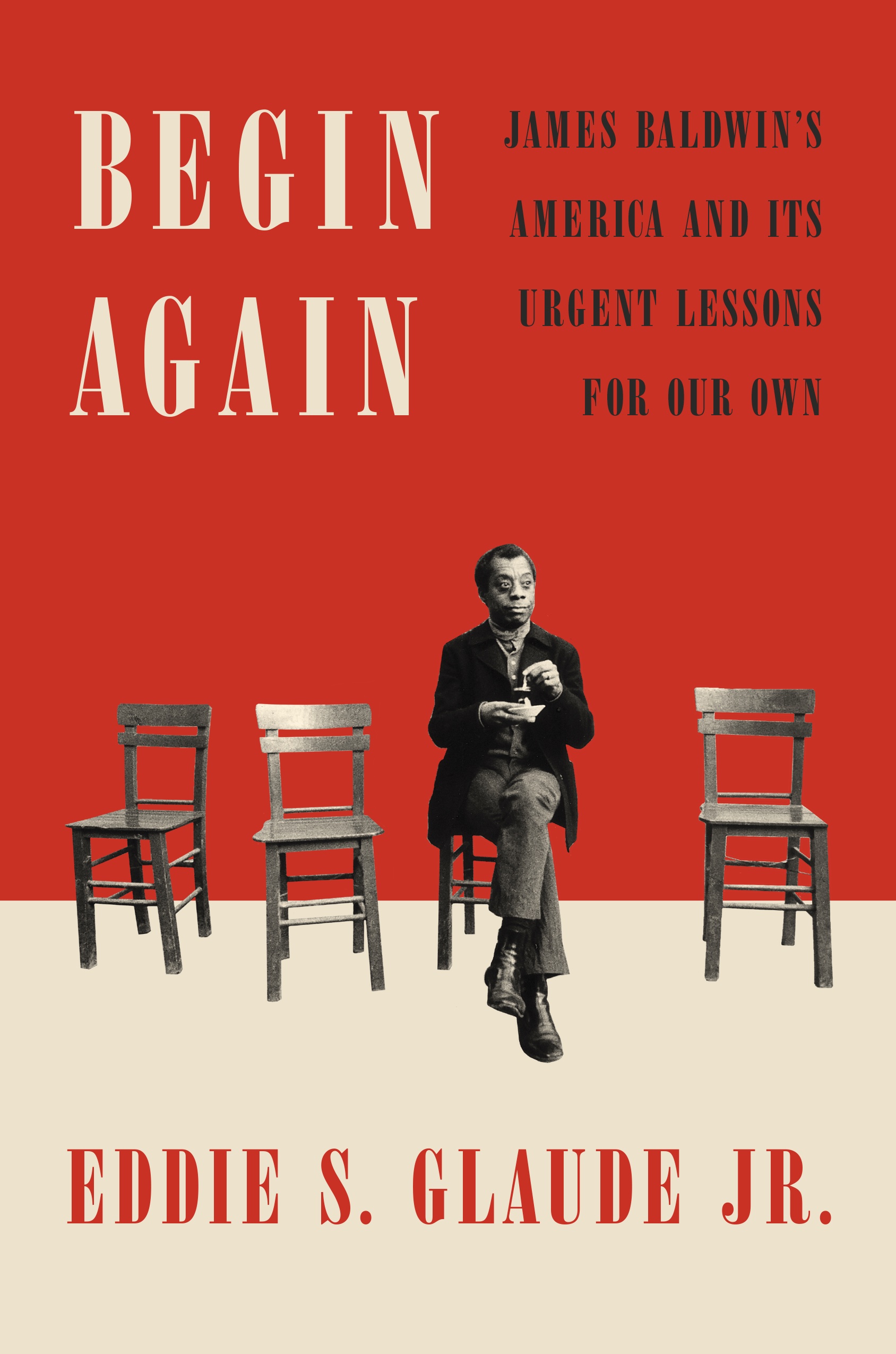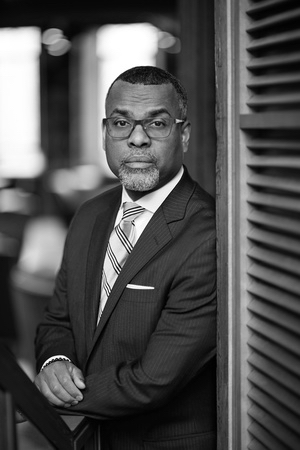By Gail Picco, November 30, 2020
Begin Again: James Baldwin’s America and the Urgent Lessons for our Own, Eddie Glaude Jr, Crown, June 30, 2020, 272 pp., $33.78

When Princeton professor Eddie Glaude Jr looked to American history to help explain the American present, he found the moment called for nothing short of the biting, realistic and singular representation of race relations in America written about by James Baldwin. In Begin Again: James Baldwin’s America and the Urgent Lessons for our Own, Glaude seemed to be telling us nothing less than Baldwin would do.
“Revealing the lie at the heart of the American idea, however, occasions an opportunity to tell a different and better story,” writes Glaude. “It affords us a chance to excavate the past and to examine the ruins to find, or at least glimpse, what made us who we are. Baldwin insisted, until he died that we reach for a different story. We should tell the truth about ourselves, he maintained, and that would release us into a new possibility.”
James Baldwin called himself a “disturber of the peace” and wrote unflinchingly about the reality of being Black in America in his novels, poetry and essays. Born in Harlem in 1924 in Harlem, he moved to Paris when he was 24-years-old to escape the racism of America where he lived until his death at the age of 63 in 1987. According to his obituary in the New York Times, Baldwin described himself more of a “commuter” than an expatriate.
“Only white Americans can consider themselves to be expatriates,” he said. “Once I found myself on the other side of the ocean, I could see where I came from very clearly, and I could see that I carried myself, which is my home with me. You can never escape that. I am the grandson of a slave and I am a writer. I must deal with both.”
Glaude wrote that as he “scoured the rubble and ruins of [Baldwin’s] life and works, this call for a different story was the answer I found to my own shaken faith.”
“When the dream was slaughtered and all that love and labor seemed to have come to nothing, we scattered,” Glaude quotes Baldwin, “We knew where we had been, what we tried to do, who had cracked, gone mad, died, or been murdered around us. Not everything is lost. Responsibility cannot be lost, it can only be abdicated. If one refuses abdication, one begins again.
The refusal of abdication. Do give up. Begin again. That was the moral commitment of Baldwin.
He certainly wasn’t convinced that solving racism was a matter of moving the hearts and minds of white liberals, but that racism was about power—white power—and white people wanted to keep their power. (The fact that the majority of white people voted for Donald Trump in the recent election supports Baldwin’s assessment.)
“In any case, white people, who had robbed black people of their liberty and who profited by this theft every hour that they lived, had no moral ground on which to stand,” Baldwin wrote in an essay for the New Yorker in 1962. “They had the judges, the juries, the shotguns, the law—in a word, power. But it was a criminal power, to be feared but not respected, and to be outwitted in any way whatever. And those virtues preached but not practiced by the white world were merely another means of holding Negroes in subjection.”

Photo© Sameer A.Khan
In Begin Again, Glaude visits Paris, travelling in Baldwin’s shoes, visiting his former house there, which is being partially demolished to make room for a housing development, seeking to unlock the runic key to our times—not as though Professor Eddie Glaude needs Baldwin to put together an analysis. He is chair of the Department of African American Studies at Princeton University, the former president of the American Academy of Religion, and prolific writer.
But what Glaude today—and Baldwin in his time—both understand is that the commitment to take down the structures of racism cannot overestimate the generosity of white people and their willingness to change white structures that benefit them every day of their lives. It will take sheer numbers of Black Americans, Indigenous Americans, people of colour, and coalitions with supporters to gain the political power to make the necessary gains.
You have to see the shape of mountain before you begin to climb over it both Glaude and Baldwin are saying.
(Gail Picco is editor in chief of The Charity Report.)
Also reviewed by Gail Picco
She Proclaims: The necessity of women persistently proclaiming October 22, 2020
The reputation of philanthropy: A history of the facts September 18, 2020
Blowout: A tale of how the oil and gas industry took its seat at the head table of democracy, November 5, 2019